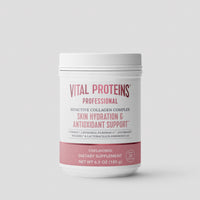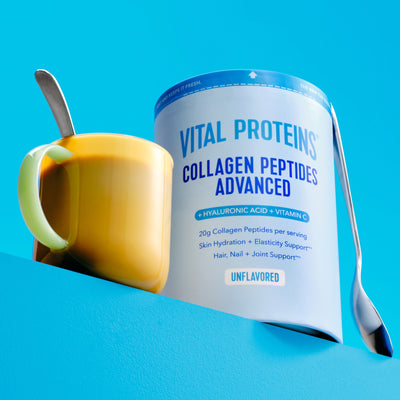When it’s time to whip up a tasty, healthy dish it can be hard to know which oils to reach for. There are countless questions you could ask about the health, taste and versatility of cooking oils. When you are choosing to cook with an oil, there are two things you want to look for: the oil’s smoke point and its fat content. Both of these properties will help you avoid producing harmful chemicals when cooking as well as unhealthy fats; they can have adverse effects on the body.
The Smoking Point
When cooking, you want to make sure to use an oil that can stand the heat. When an oil gets hotter than its smoke point, or its safest heating temperature, it will begin to chemically degrade. This is when aldehydes, lipid peroxides and other carcinogens can form.
Oils can also be altered to have a higher smoking point through the refining process, which removes impurities from the oil. This is why its recommended to use refined olive oil, or pure olive oil, for cooking and to save the extra virgin olive oil (aka un-refined) for salad dressings or any other raw uses.
Good Fats vs. Bad Fats
The types of fats present in cooking oils are also a big indicator of its health benefits. As consumers, you’ll want to try and achieve a balance of Omega-6 and Omega-3 fats that fall between 1:1 and 2:1 ratio. While all fats are better in moderation, there are some that are much better for you than others.

The Good
Saturated fats are usually solid at room temperature — you’d find them in ghee or coconut oil — and have a high smoke point. They usually get a bad rep, as foods high in saturated fats may raise your blood cholesterol levels. However, its high smoke point means the oil wont degrade easily, making it ideal for all kinds of cooking. Plus, sources like coconut oil and ghee have high health benefits.
Monounsaturated fats are liquid at room temperature but typically turn solid when refrigerated. These oils also have a pretty high smoke point, making them ideal for most cooking. These heart-healthy fats are some of the best you can consume and are most commonly found in olive oil, avocado oil and sesame oil.
The Bad
Polyunsaturated fats are liquid at room temperature and contain Omega-6 fatty acids. Their structure makes them degrade very easily in even small amounts of heat. These fats are naturally found in flaxseed oil, walnut oil and macadamia nut oil, and can provide benefits for your body if consumed raw and in very small quantities.
Processed polyunsaturated fats like canola oil, corn oil and soybean oil should be avoided. High levels of these fats in the diet may contribute to health issues like weight gain. Additionally, when these processed fats are re-heated or heated for long periods of time, they can release a harmful compound called HNE. HNE is formed when linoleic acid, which has high levels in polyunsaturated fats, oxidizes from heat.
Healthy Oil Options
Avocado Oil – Smoke Point 510F
Great for frying, grilling, roasting, baking, dressings or marinades.
Light/Refined Olive Oil – Smoke Point 425-465F
Great for Sautéing, grilling, pan-frying, roasting and baking.
Extra Virgin Olive Oil – Smoke Point 325-400F
Great for sautéing, baking, dressings or marinades.
Coconut Oil – Smoke Point 350-385F
Great for sautéing, pan-frying, roasting or baking.
Sesame Oil – Smoke Point 350-410F
Great for sautéing, stir-frying, dressings or marinades.

















